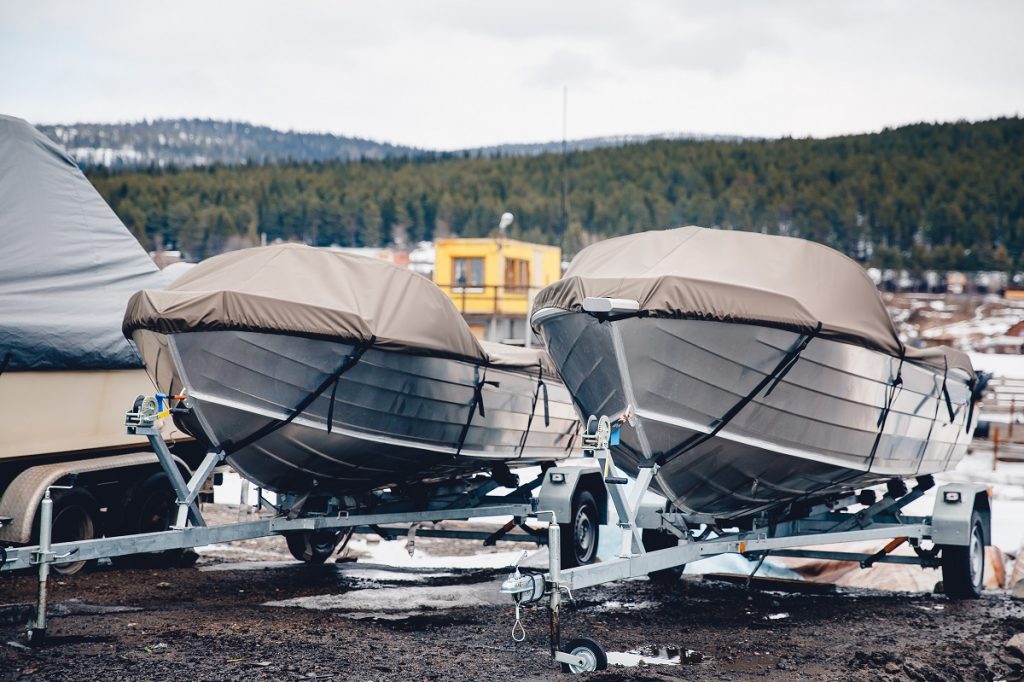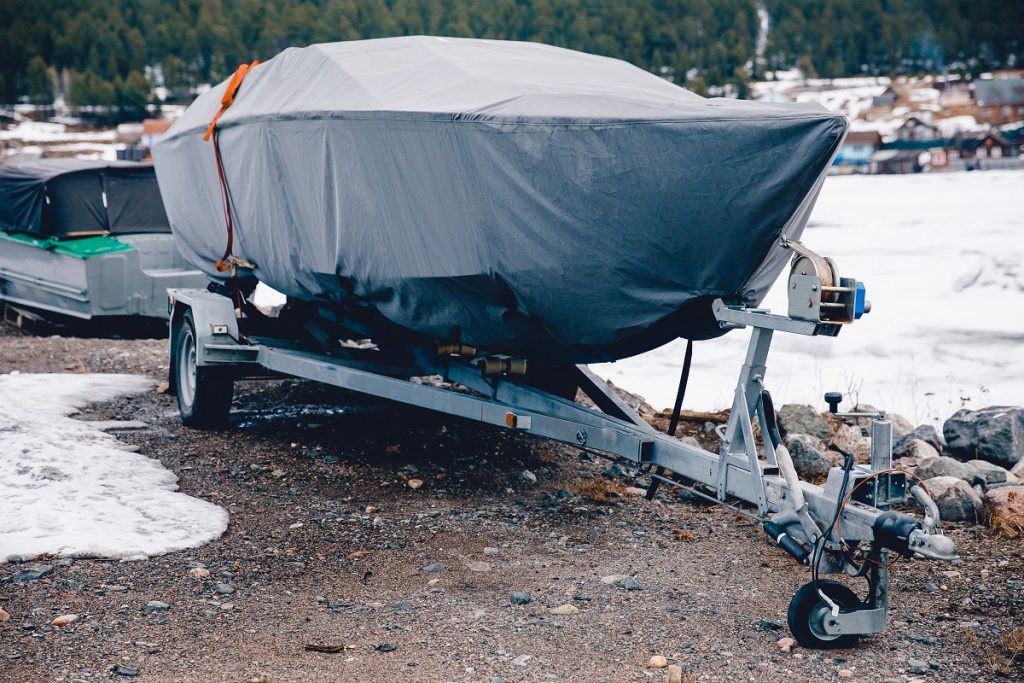There are various accessories you will need when you buy a pontoon boat. One of the key ones is a trailer. Choosing the right trailer for your pontoon is as vital as choosing your boat. This is, after all, what you will use to launch and load your boat and will be where your boat is placed when not in use. The trailer will also be what will carry your pontoon on a long haul.
The key elements you should evaluate when buying a trailer from Michigan-based stores for pontoon boats are the weight it can handle and its braking system. The weight you select for your pontoon’s trailer determines the number of axles you will need to support it. Most states, however, require a trailer weight of 2000 to 4000 pounds.
The following are your trailer’s brake options.
Surge Brakes
These are contained in the trailer and work like vehicle brakes. They hence have no connection with your vehicle’s functioning. In a few states, it is legally required that your boat trailer’s brakes be installed in your car and surge brakes might not suffice here. Surge brakes are complicated to set up, repair and maintain, but they are reliable.
Drum Brakes
These are the standard option for pontoon trailers. They are inexpensive to replace and install, and comprise several moving parts contained in an enclosed part. The main drawback of drum brakes is limited durability since the moving parts are easily corroded by saltwater and easily destroyed.
Drum brakes are also expensive to maintain since they will need professional manual adjustment after every 3000 to 5000 miles.
Disc Brakes
 These are available in several materials including stainless steel, silver cadmium, and E-coating. The price of your trailer’s disc brakes depends on the material you choose. Though stainless steel disc brakes are the most durable, they are not entirely corrosion-resistant.
These are available in several materials including stainless steel, silver cadmium, and E-coating. The price of your trailer’s disc brakes depends on the material you choose. Though stainless steel disc brakes are the most durable, they are not entirely corrosion-resistant.
Unlike drum brakes, disc brakes have only the calipers as the moving part. The minimal moving parts of disc brakes mean they have low maintenance needs. The calipers and friction pads of disc brakes are also readily accessible and you can hence self-adjust them.
These brakes, however, have a higher initial cost than other options.
Electric Brakes
These are simpler to use compared to surge brakes though you will need a brake controller in your tow vehicle’s cabin. Electric brakes are the best option for controlling your trailer in places with hills, high winds, and considerable traffic.
They are however not designed to be submerged in water since they are prone to corrosion and rust. Fortunately, there exist marine-grade electric brakes that are resistant to water damage.
There are various types of pontoon boat trailers, but scissor and bunk-type trailers are the most common. The key element which determines the trailer brakes’ durability irrespective of the ones you choose from the above is cleanliness.
The brakes should be rinsed using fresh water every time after you use the trailer. This averts the reaction of salt water with your brakes and slows down their deterioration. You can also periodically coat the brakes with galvanized spray to prevent rusting.

